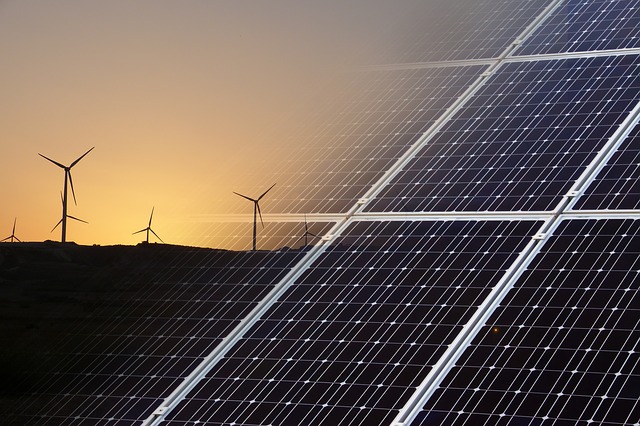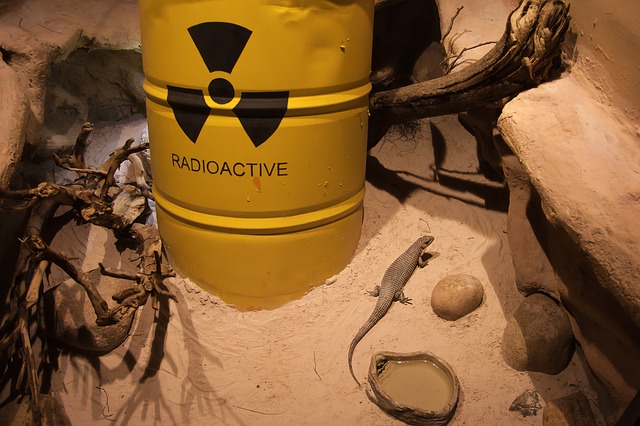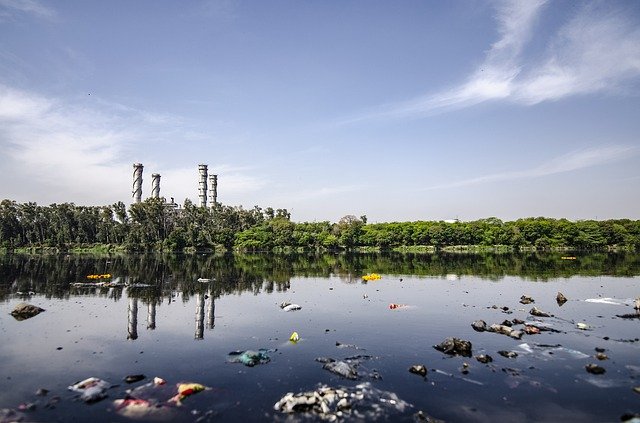Introduction Hydroponics: It is a technique of growing crops or plants without soil by utilizing an aqueous solution and substrate. Hydroponic Culture: In hydroponic culture, the plants, vegetables, and flowers are planted in the substratum and provided with oxygen and nutrient-rich aqueous solution. The key benefit of following hydroponic culture is it produces good quality […]
Dire Need of Sea Water Desalination Plants in Sindh Pakistan
Introduction Saline Water: It is defined as water with a high concentration of dissolved sodium chloride or salts. Sodium chloride is the chemical name of salt. Seawater is an example of saline water. Negative Effects of Using Saline Water: The use of saline water causes many health problems such as high blood pressure, kidney damage, […]
Environmental Benefits of LED Technologies
Introduction LED: Light-emitting diode LED: A light-emitting diode is a light source emitting light when current flows through the semiconductor. LED technology: Light-emitting diodes are solid-state devices. The technology directly transforms electric energy into single-color light. In LED cold light generation technique is employed. Energy is not wasted in LED technology. Advantages of LED Technology […]
Environmental Impacts of Growing Tourism Industry of Pakistan
The tourism industry of Pakistan has seen a recent boost the citizens of Pakistan cannot be happier about this. Our country is beautiful, there is no doubt about it, and there are enough beautiful vistas in Pakistan to be the tourism hub of the world – from mind-blowingly humongous mountain ranges in the Northern regions […]
Top 10 Informative Environmental Books To Read
Environment comprises of everything that surrounds us, thus the subject of environment or environmental science is extremely vast – it literally includes everything that is in your surroundings: the land, the water, the air and everything in them and everything that effects them. Along with all this our environment is dynamic and is constantly being […]
Why We All Should Move to Clean Renewable Energy
During extreme weather conditions, blackout happens. The solar panel and batteries could serve efficiently. Renewable energy sources like solar and wind power are weather-dependent power sources. There is an increased demand for solar panel systems due to electricity shortfall incidents. What causes blackout? It happens because residents demand more electricity during hotter summer and colder […]
Disastrous Environmental Impacts of Radioactive Waste
Introduction Radioactive: Radioactive is a term that includes particle emission as a form of energy. Radioactivity: This term is defined as the emission of ionizing radiations from a radioactive substance. Ionizing Radiations: The ionizing radiations are electromagnetic waves that have the capability to ionize atoms. Radionuclide: It is an unstable atom that undergoes radioactive decay […]
Can Rivers & Lakes be Saved from Environmental Degradation?
Environmental issues are degrading the freshwater ecosystem and fish species have become extinct Protected areas don’t protect rivers. Rivers should be protected first than land areas. The freshwater ecosystem provides habitat to 10% of all fish species including vertebrates. Millions of people have their livelihood associated with freshwater fish species that are vulnerable to extinction […]
Solar Power in Pakistan – Advantages and Disadvantages
Introduction Solar Power: Solar power is defined as the conversion of heat into energy. The heat is the radiation coming from the sun. For many years solar energy has been utilized by communities especially for drying, heating, etc. Currently, solar power is being used by solar panels that provide electricity. Solar panels are useful for […]
Marine Pollution – Its Risky Effects on Marine Life & Humans
Introduction Marine: This term includes anything related to sea or ocean. Marine Water: Marine water is salty water consisting of 97% of Earth’s water. Marine Pollution Marine pollution is defined as land pollutants being washed into the ocean. Land pollutants include the varied composition of trash, garbage, and chemicals being released into the ocean by […]










